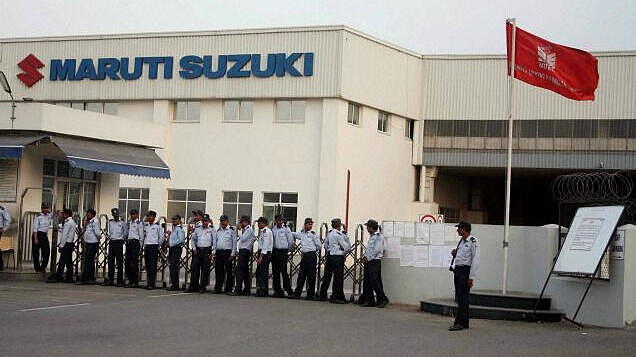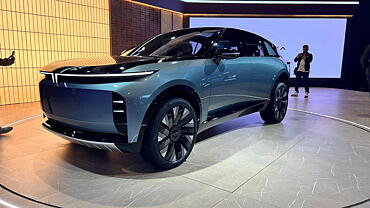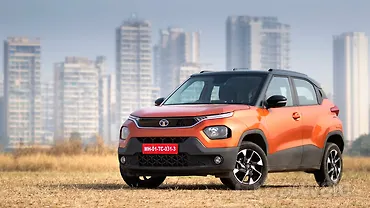
While a part of the automobile market in the country is feeling buoyant by the positive buyer sentiments observed soon after the new government came into place, Maruti Suzuki still has reasons to be believe it is a slow economy. Maruti Suzuki has postponed its car manufacturing project in Gujarat by a year, citing sluggish market conditions. It could be 2017 by the time production begins there.
Addressing the auto maker's 33rd annual general meeting in New Delhi on Thursday, chairman RC Bhargava said the project will be financed by the parent, Suzuki Motor Corp (SMC), but will function as a unit of Maruti. "All the investments would be made by SMC. This arrangement will strengthen Maruti Suzuki as the profit does not come from manufacturing cars. It comes from selling cars and the right models, with the competition intensifying in the market," Bhargava said.
The decision to open Suzuki Motor Gujarat as a subsidiary of SMC and the ownership of the facility had created quite a storm in the market when it was announced earlier this year. Under the new arrangement, the new factory will produce cars which will be sold by Maruti Suzuki and the company clarified that the new company will sell the cars at cost price and not at a profit; so Suzuki will not make any return on its investment. Many started to believe that Suzuki wanted greater control of the company, (it owns 56.2 per cent of Maruti now) and matters relating to production and profits would soon slip from the hands of the Maruti Suzuki shareholders. But it seems now the two have come to an amicable arrangement.

Experts have already started worrying about the future. Analysts say that Maruti's annual capacity is some 1.5 million units at its two Haryana plants. By the time the Mehsana unit reaches full capacity, Maruti will be hugely dependent on it to meet its needs.
But Bhargava has tried to water down these apprehensions, he says it would be a "win-win situation" for Maruti and urged shareholders to support the plan during a voting on the proposal, expected next month.
"Maruti Suzuki will use its cash for investing in marketing and sales, expanding network and making right models," he said. The Indian company, which is the biggest subsidiary of Suzuki both in terms of profits and turnover, is sitting on cash reserves of around Rs 8,000 crore.
With this new facility allowing joint development of cars with Suzuki, the rate of royalty that Maruti is paying its parent is expected to come down from the existing 6 per cent of sales. Also, to get insulated from currency fluctuations, Maruti will now pay royalty in Indian rupees, instead of in the Japanese yen.



































